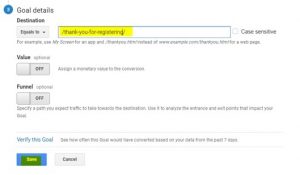Google Algorithm Change Looks To Reward Original Reporting
Google’s recent updates to its ranking algorithm now favor original reporting in search results. It appears that the company will reward those publications willing not only to invest in journalists who can dig up and double check facts, but publishers willing to invest the required effort and resources.
Google recently made changes to its search rater guidelines to help its raters identify original reporting. Now the company is making it public as to why it made the changes.
Despite Google’s move to serve up the “latest and most comprehensive version of a story in news results,” these changes to its search results product will highlight articles the technology and humans identify as significant original reporting.
Richard Gingras, VP of news at Google, explains that the plan is to promote original reporting from credible journalists and accomplished publishers. The algorithm change will surface the content prominently in search results and ensure it remains at the top of the queries much longer.
Gingras said Google’s technology uses algorithms to sort through everything it finds on the web and organizes the content. Hundreds of signals trigger the algorithms that continually update and improve the results.
“To tune and validate our algorithms and help our systems understand the authoritativeness of individual pages, we have more than 10,000 raters around the world evaluating our work,” he wrote in a blog post. “Their feedback doesn’t change the ranking of the specific results they’re reviewing; instead it is used to evaluate and improve algorithms in a way that applies to all results.”
Those human raters, according to Google’s guidelines, will also consider any journalistic awards the publication has won such as the Pulitzer Prize award or has a history of high quality original reporting, which Google believes are strong evidence of a positive reputation.
These changes have long been desired by publishers looking for ways to gain credit for their original reporting and content.
(16)
Report Post





